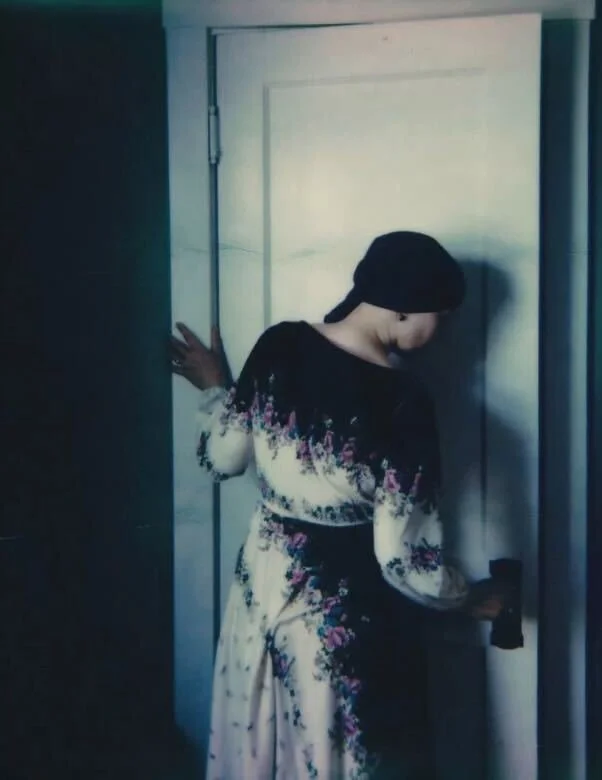Art Therapy Interventions for IBD
By Divya Mehrish from New York, USA
As a result of the unpredictability of their debilitating symptoms, inflammatory bowel disease (IBD) patients often struggle with severe loneliness and isolation. Therapeutic interventions focused on community-building can create safe spaces for patients, who can develop meaningful connections with others battling similar issues. Support groups can help patients maintain a “healthy emotional balance.” (1) While some groups are dedicated to discussing difficult experiences in explicit ways, group drama therapy and online expressive arts therapy (EAT) can “better…serve” patients who want to experience shared empathy without having to focus on the negativity of their diseases. (2) The collaborative nature of joint performance therapy provides a low-stress and “playful form of support” in which patients can lean on each other as they step outside of themselves, temporarily embodying characters and identifying a new sense of self beyond their disease identity. (3) Moreover, drama therapy deliberately integrates psychotherapeutic approaches. (4) However, community drama therapy relies on continuity and the establishment of a consistent group of role-players in order to maintain a trusting space in which participants feel comfortable taking these risks.
Conversely, EAT can be integrated into scalable virtual therapy platforms that are accessible to many individuals at once. (5) Actively-flaring patients who cannot travel to clinics for in-person sessions can still commit to online EAT. Ultimately, it is consistency that is most critical to a patient’s ability to maintain remission—not whether the therapy takes place in-person or online. While there has been significantly more research conducted on music and visual arts interventions for patients with chronic diseases, in-person drama therapy and online EAT offer patients the unique opportunity to liberate themselves from the constraints of their illness identities and take part in an immersive role-playing experience that integrates mind and body.
Featured photo by Shiva Smyth from Pexels
References
“Depression and Anxiety,” Crohn's & Colitis Foundation, accessed February 5, 2023, https://www.crohnscolitisfoundation.org/mental-health/depression-anxiety.
Lora Williams, “Integrating Expressive Arts Therapies into Facilitated Online Therapy Groups for Adults: A Review of the Literature,” DigitalCommons@Lesley (Lesley University, May 2022), https://digitalcommons.lesley.edu/expressive_theses/401/.
Molly Weinberg, “Using Community Dr Using Community Drama Therapy To Support Adults with Crohn's Disease and Ulcerative Colitis,” DigitalCommons@Lesley (Lesley University, March 2020), https://digitalcommons.lesley.edu/expressive_theses/356/.
Ibid, 9.
Lora Williams, “Integrating Expressive Arts Therapies into Facilitated Online Therapy Groups for Adults: A Review of the Literature.”





















